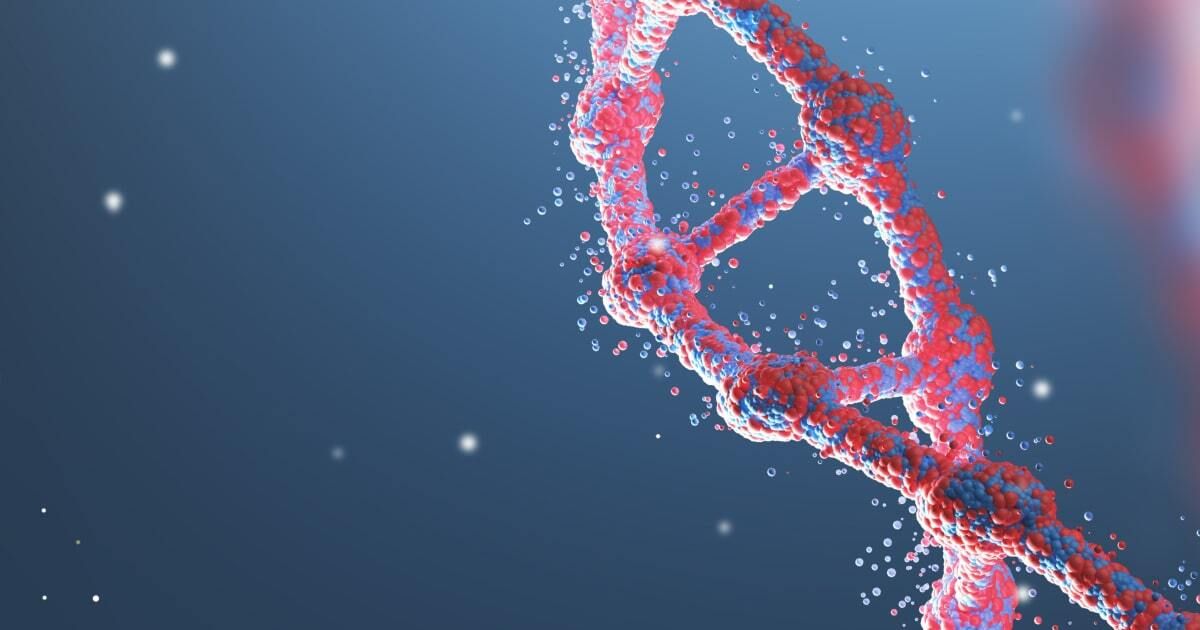Decoding the Enigma of RH-NULL Amorph Type: A Genetic Odyssey

Expert Reviewed By: Dr. Brandon Colby MD
Among the rarest of blood types, the RH-NULL Amorph Type poses unique challenges and opportunities for understanding the complex world of blood group genetics. In this article, we delve into the molecular intricacies of this rare disease, explore the diagnostic process, and discuss the potential benefits of genetic testing for individuals affected by it.
Understanding the RH-NULL Amorph Type
The RH-NULL Amorph Type is a rare blood phenotype characterized by the complete absence of Rh antigens on the surface of red blood cells. This absence results in a variety of hematological abnormalities, including stomatocytosis (abnormal cell shape) and increased erythrocyte osmotic fragility (a measure of cell membrane stability) [2]. The rarity of this blood type, coupled with its unique genetic basis, has made it a subject of great interest for researchers seeking to understand the molecular underpinnings of blood group genetics.
Diagnosing the RH-NULL Amorph Type
The diagnosis of RH-NULL Amorph Type is typically made through a combination of blood typing and molecular genetic analysis. Blood typing can reveal the absence of Rh antigens, while molecular genetic analysis can identify the specific genetic mutations responsible for the phenotype [1].
Research has shown that RH-NULL phenotypes can result from at least two independent mutations and are not caused by a gross deletion [3]. A rare mutation causing amorph RH-NULL disease has been identified, showing that Rh30 and Rh50 are essential for Rh complex functioning [4].
The Role of Genetic Testing in the RH-NULL Amorph Type
Confirming the Diagnosis
Genetic testing can play a crucial role in confirming the diagnosis of RH-NULL Amorph Type. By analyzing the specific mutations responsible for the phenotype, healthcare professionals can more accurately identify individuals with this rare blood type and provide appropriate care and management.
Identifying Carriers
Genetic testing can also be used to identify carriers of the RH-NULL Amorph Type. Carriers may not exhibit any symptoms or abnormalities but can pass the mutations on to their offspring. Identifying carriers can help inform family planning decisions and ensure that appropriate care is provided for any affected children.
Understanding the Genetic Basis of Blood Group Antigens
The study of the RH-NULL Amorph Type has provided valuable insights into the genetic basis of blood group antigens. By understanding the molecular mechanisms behind this rare phenotype, researchers can gain a better understanding of the broader blood group system and potentially develop new diagnostic and therapeutic approaches for blood-related disorders.
Informing Transfusion Medicine
Individuals with the RH-NULL Amorph Type can experience significant challenges when it comes to blood transfusions, as they may have severe reactions to transfused blood containing Rh antigens. Genetic testing can help to identify these individuals and ensure that they receive appropriate blood products, minimizing the risk of adverse reactions and improving patient outcomes.
Conclusion
The RH-NULL Amorph Type represents a fascinating and complex genetic puzzle. By continuing to study this rare blood type, researchers can gain valuable insights into the molecular basis of blood group antigens and develop new approaches to diagnosis, treatment, and management. Genetic testing plays a crucial role in this process, helping to confirm diagnoses, identify carriers, and inform transfusion medicine practices.
About The Expert Reviewer
Dr. Brandon Colby MD is a US physician specializing in the personalized prevention of disease through the use of genomic technologies. He’s an expert in genetic testing, genetic analysis, and precision medicine. Dr. Colby is also the Founder of and the author of Outsmart Your Genes.
Dr. Colby holds an MD from the Mount Sinai School of Medicine, an MBA from Stanford University’s Graduate School of Business, and a degree in Genetics with Honors from the University of Michigan. He is an Affiliate Specialist of the American College of Medical Genetics and Genomics (ACMG), an Associate of the American College of Preventive Medicine (ACPM), and a member of the National Society of Genetic Counselors (NSGC)